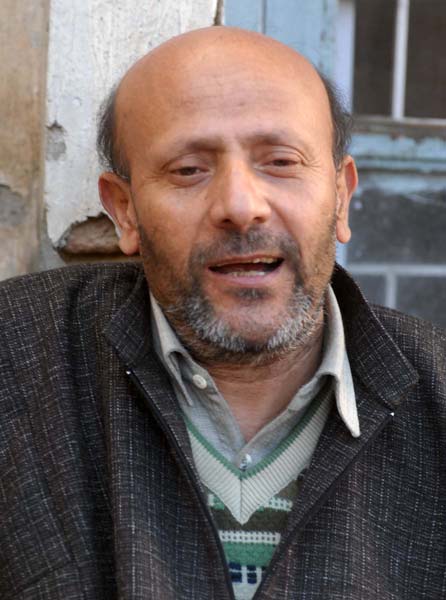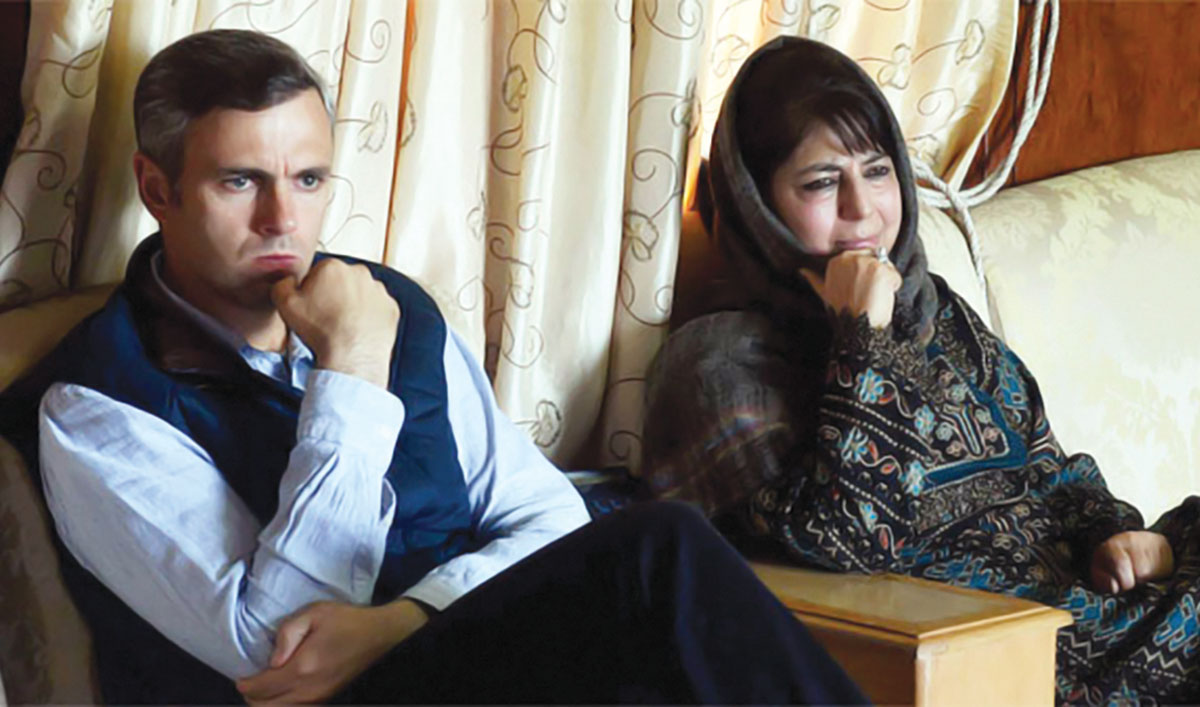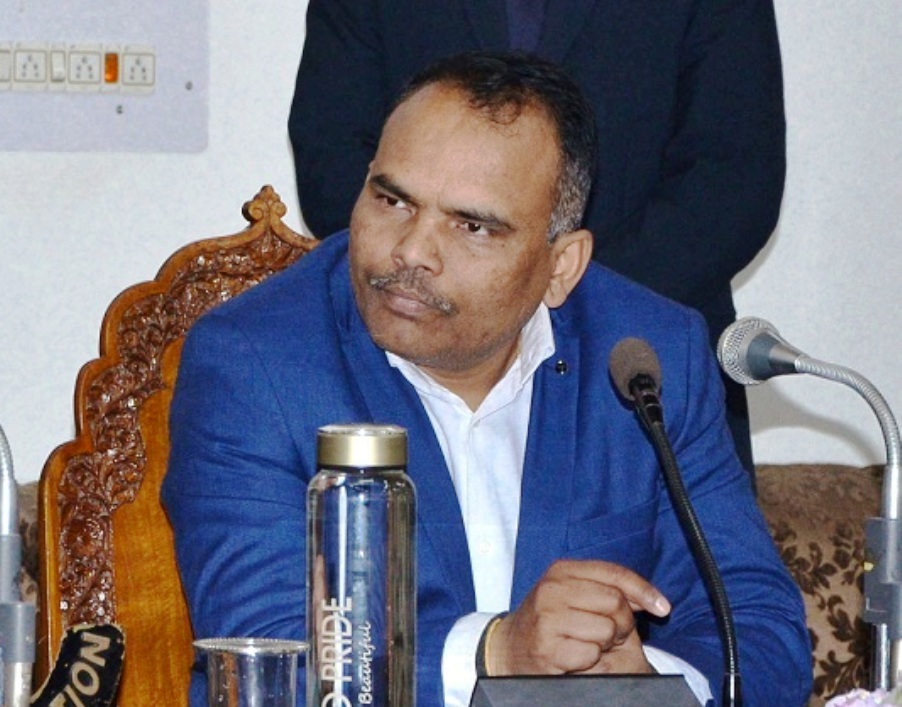SRINAGAR: The Supreme Court of India issued a directive on Monday, instructing government authorities to conduct the identification of children for adoption every two months. The court emphasised the need for a bi-monthly update of the list of children available for adoption in the country. This development stems from the case of Temple of Healing v Union of India.
Chief Justice of India (CJI) DY Chandrachud, along with Justices JB Pardiwala and Manoj Misra, highlighted the prolonged wait faced by prospective parents under the current legal framework. The court noted, “Prospective parents have to wait for 3 to 4 years to adopt a healthy young child for adoption. We issue a direction that the exercise of identification shall be carried out on a bi-monthly basis.”
The Supreme Court was addressing two public interest litigation (PIL) petitions advocating for the easing of adoption and foster care norms. The NGO Temple of Healing sought the formulation of an adoption scheme by the Ministry of Women and Child Development. Another plea aimed to eliminate administrative delays in providing vulnerable juveniles access to adoption, foster/kinship care, and sponsorship facilities as per the Juvenile Justice Act of 2015 (JJ Act).
The court acknowledged declining adoption rates, particularly for specially-abled children, and the limited existence of foster care and sponsorship despite being provided for in the JJ Act. The Central Adoption Resource Authority (CARA) and the National Informatics Centre (NIC) have developed a child adoption resource guidance system, registering 36,967 prospective parents against 7,107 children as of August 1 this year.
In its order, the Supreme Court directed the nodal department of every State government responsible for enforcing the Juvenile Justice Act to collect and compile data, to be made available to the Union Women and Child Ministry. States and Union Territories without adoption agencies were instructed to establish them.
The case is scheduled to be reviewed next on January 31, 2024. Additional Solicitor General Aishwarya Bhati represented the Central government, while Dr. Piyush Saxena and Senior Advocate Rohah Shah appeared for the petitioners.
The court had previously expressed the need to simplify the adoption process in India, acknowledging the significant number of children awaiting adoption while prospective parents endure lengthy waiting periods. In a move towards simplification, the Delhi High Court, in September 2021, had directed the Union Ministry of Women & Child Development to establish a permanent mechanism for inter-country adoption under the 1956 Hindu Adoptions & Maintenance Act (HAMA). (BarandBench)















